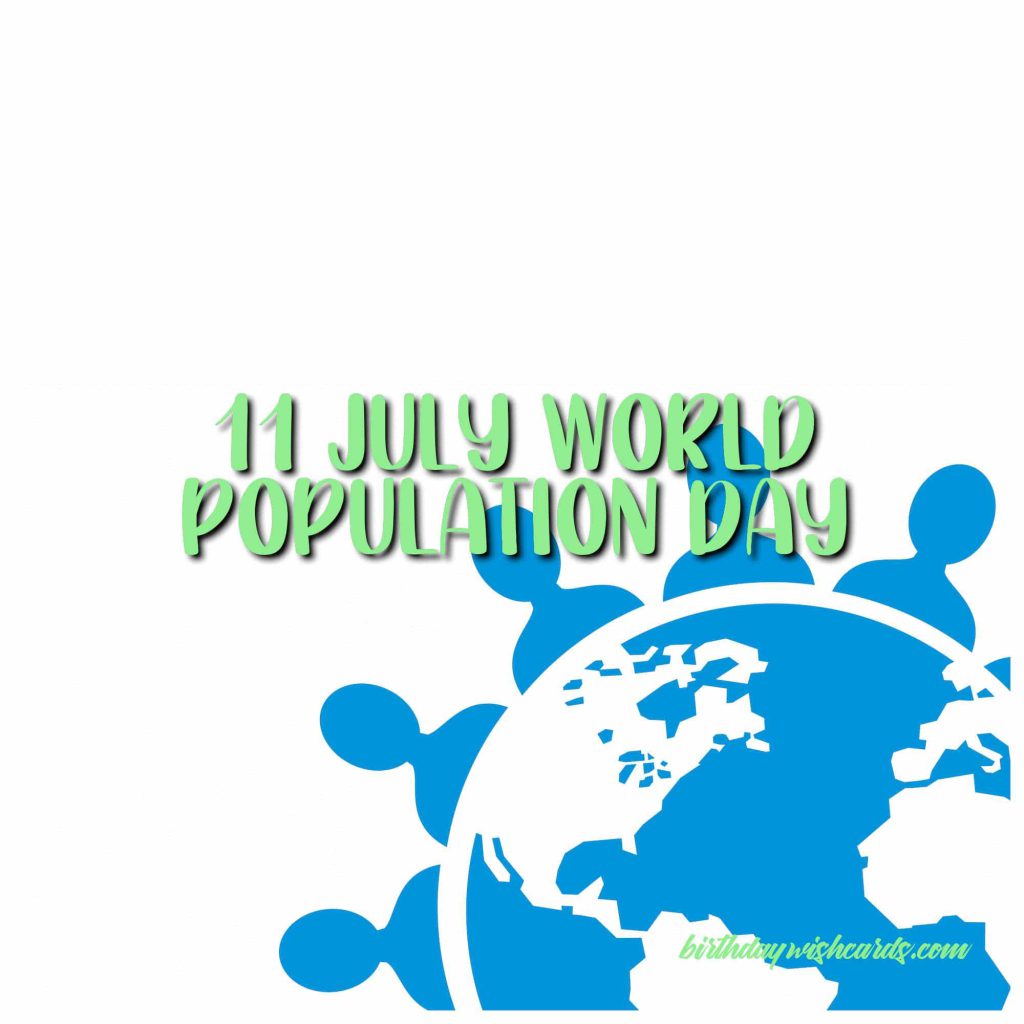
11 July: World Population Day
United Nations General Assembly Resolution
World Population Day was established to highlight the urgency and importance of global population issues. The initiative began in 1989, following the “Day of Five Billion” observed on 11 July 1987, which marked the approximate date when the world’s population reached five billion. In response to the widespread interest, the Governing Council of the United Nations Development Programme (UNDP) proposed the observance.
Subsequently, the United Nations General Assembly, through resolution 45/216 in December 1990, officially designated 11 July as World Population Day. The aim is to raise awareness about population challenges and their impact on families, the environment, and sustainable development.
The first World Population Day was observed on 11 July 1990 in more than ninety countries. Since then, the United Nations Population Fund (UNFPA), along with governments and civil society organizations worldwide, has commemorated this day to promote population-related issues.
Nine Principles Upholding the Human Right to Family Planning
- Non-discrimination: Access to family planning information and services must not be restricted on the basis of race, sex, language, religion, political affiliation, national origin, age, economic status, place of residence, disability, marital status, sexual orientation, or gender identity.
- Availability: Countries must ensure that family planning commodities and services are available to everyone.
- Accessibility: Family planning products and services should be easily reachable and free from barriers for all individuals.
- Acceptability: Contraceptive services and information should be delivered respectfully, upholding medical ethics and cultural values.
- Good Quality: Family planning information must be accurate, evidence-based, and scientifically sound.
- Informed Decision-making: Every individual has the right to make reproductive choices freely, without coercion, pressure, or misinformation.
- Privacy and Confidentiality: Individuals are entitled to privacy when seeking family planning information, products, and services.
- Participation: People should be actively and knowledgeably involved in decisions affecting their health, including reproductive health matters.
- Accountability: Health and education systems, policymakers, and leaders must be accountable to the communities they serve in ensuring the right to family planning.
Impact of the COVID-19 Pandemic on Global Population
In the wake of the COVID-19 pandemic, the world stands at a critical juncture. While some regions are recovering, others continue to face challenges such as limited vaccine access and ongoing outbreaks.
The pandemic has placed immense strain on healthcare systems, particularly sexual and reproductive health services. It has also exacerbated gender-based inequalities, with increases in gender-based violence during lockdowns and heightened risks of child marriage and female genital mutilation. Efforts to eliminate these harmful practices have been disrupted.
Additionally, many women have left the workforce due to job losses or increased caregiving responsibilities for children learning remotely or elderly family members at home. These changes threaten women’s economic security, with potential long-term consequences.
Amid these challenges, concerns about changing fertility rates are growing in many countries. Historically, fear-driven responses to fertility trends have sometimes led to violations of human rights.
The Role of the United Nations Population Fund (UNFPA)
UNFPA advocates for policy responses that prioritize human rights, health, and individual choice. The organization emphasizes empowering women through education, economic opportunities, and political participation, enabling them to make informed decisions about their bodies and fertility.

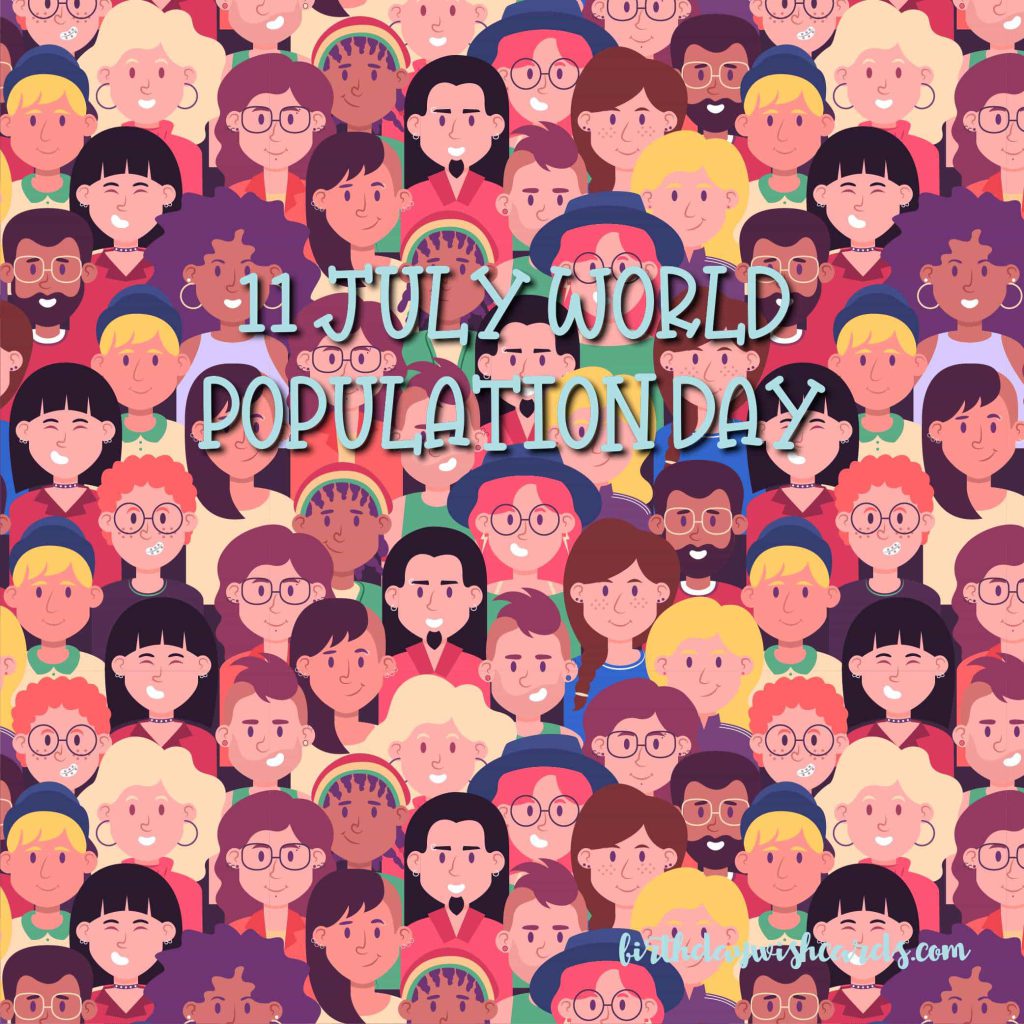
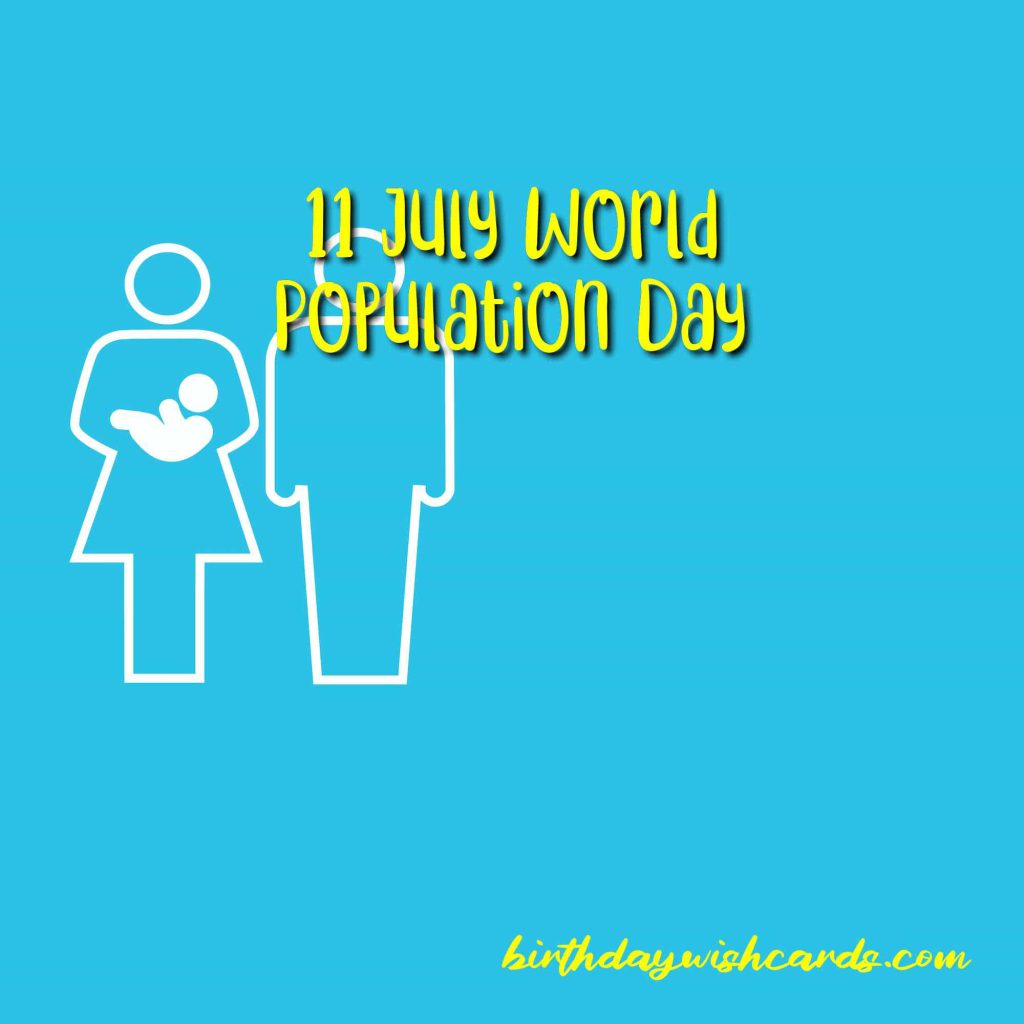


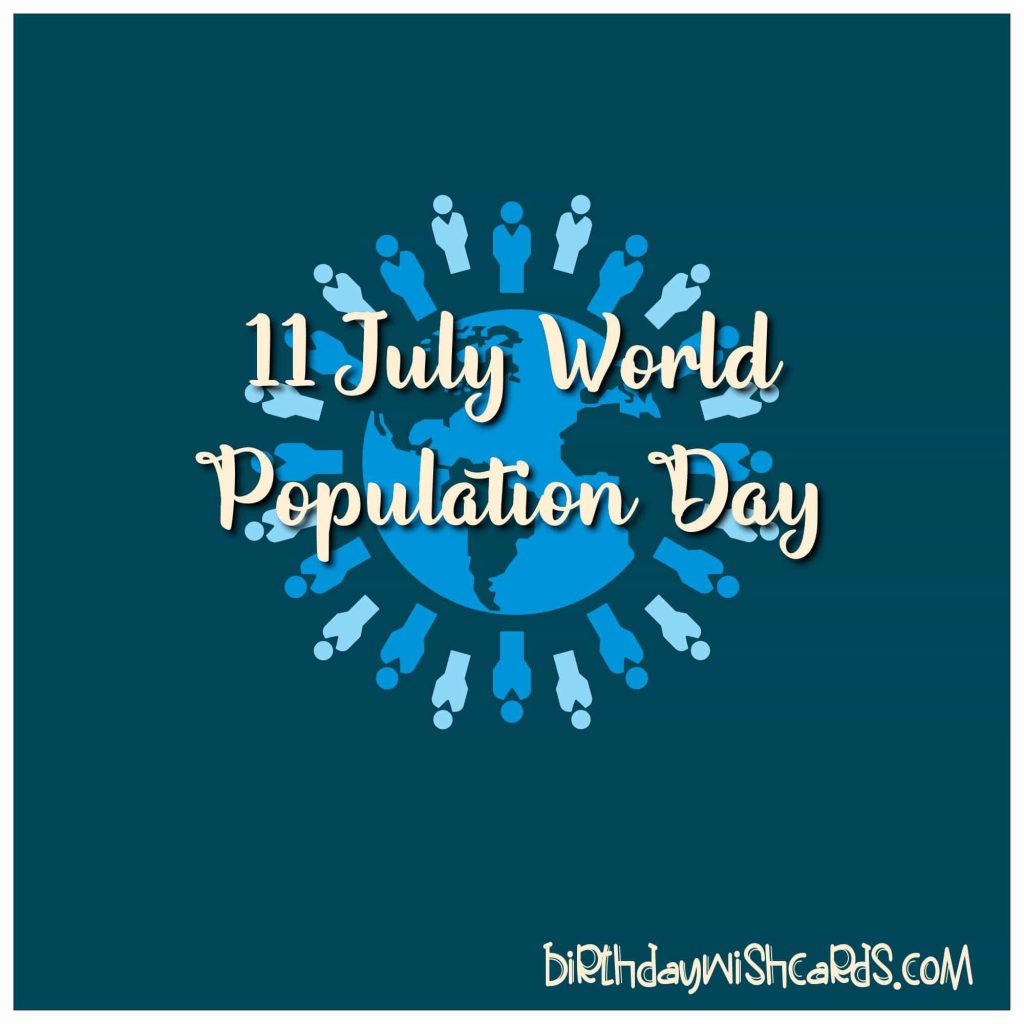
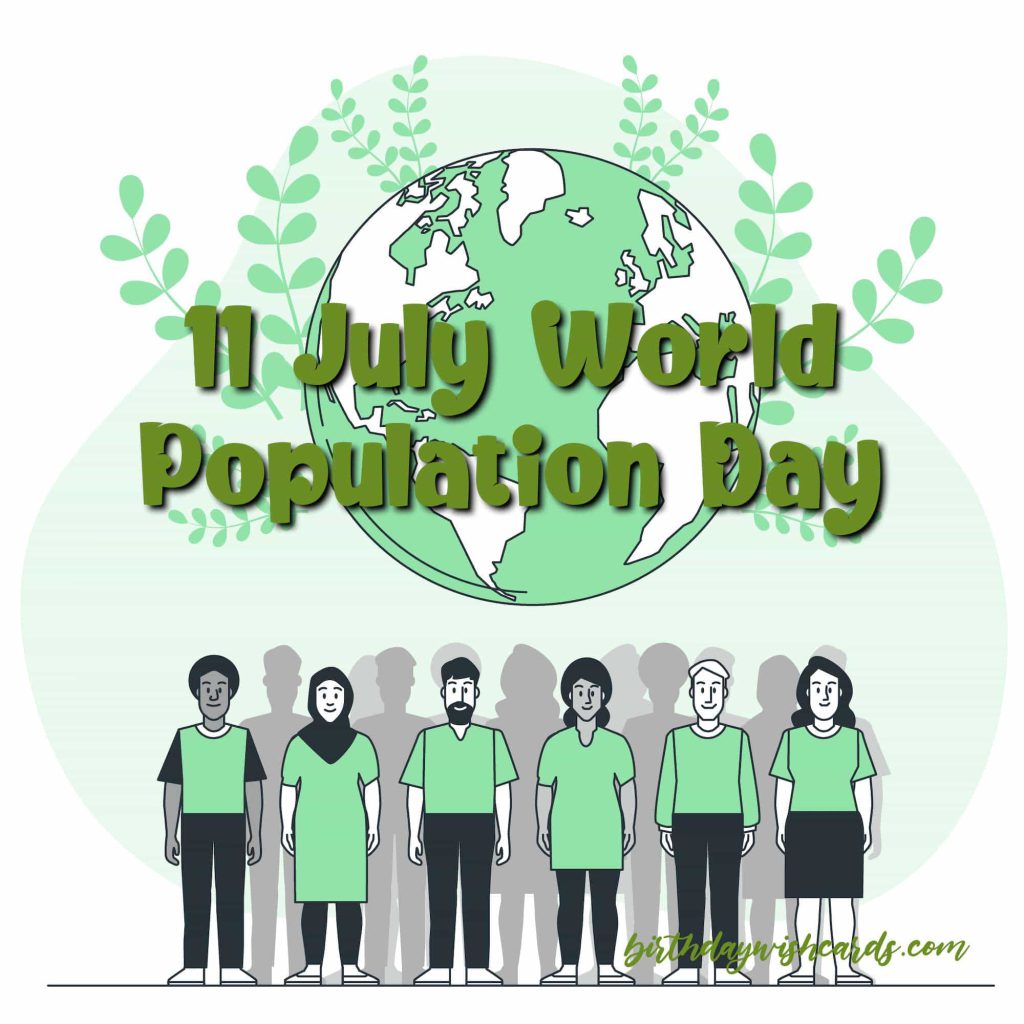
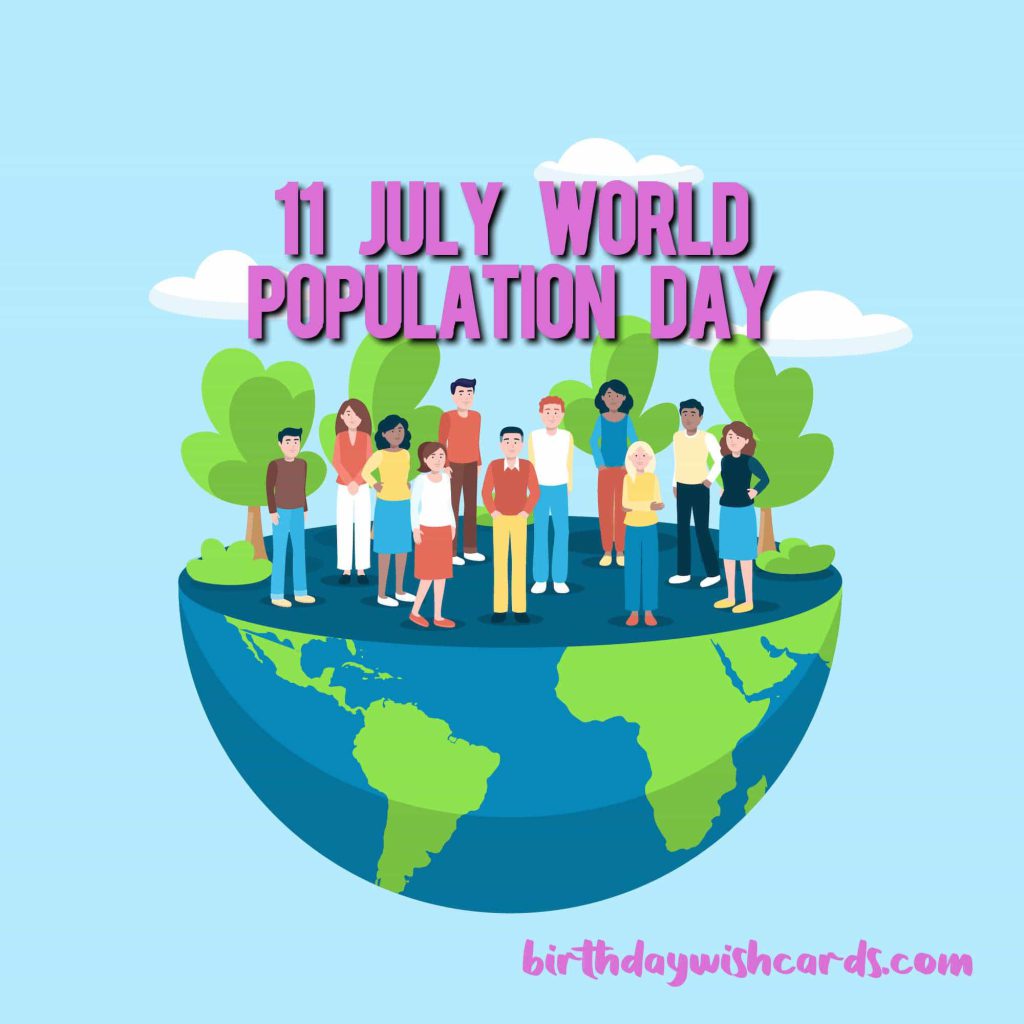
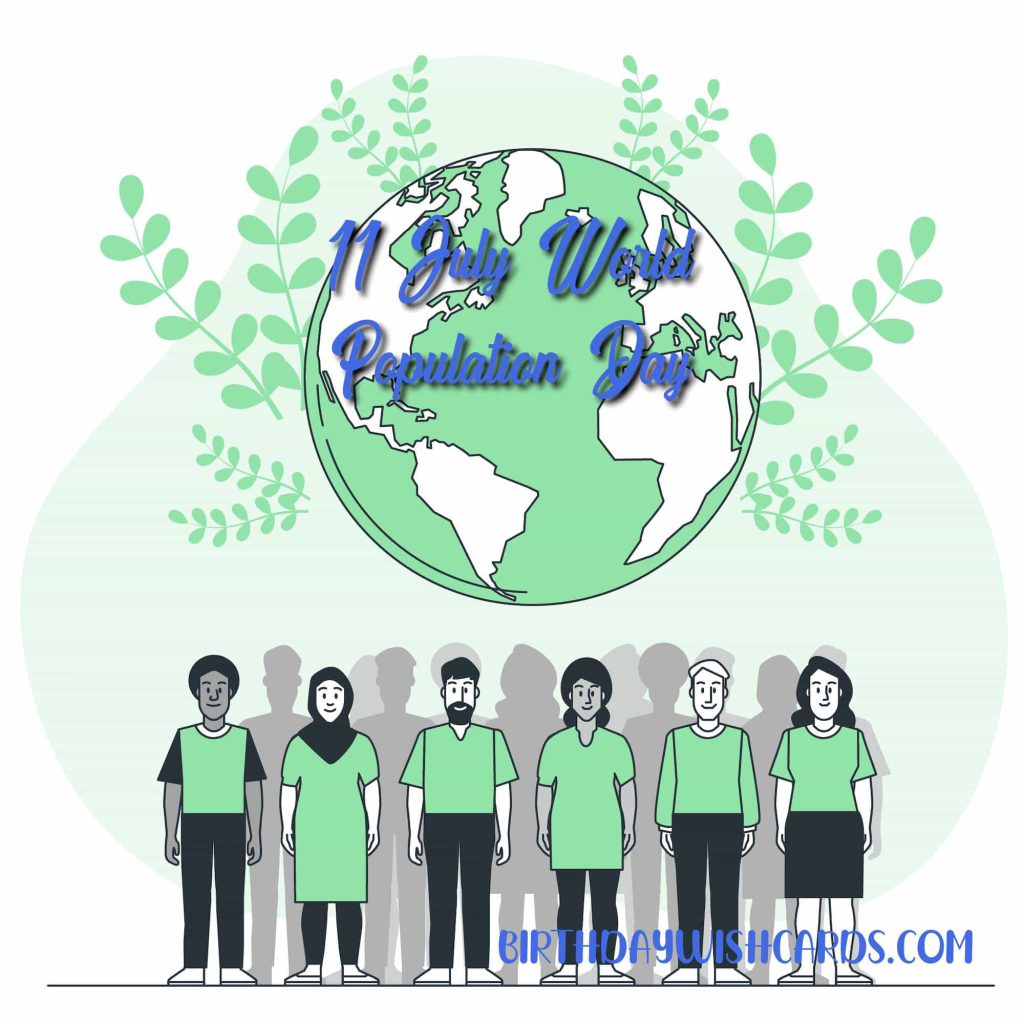

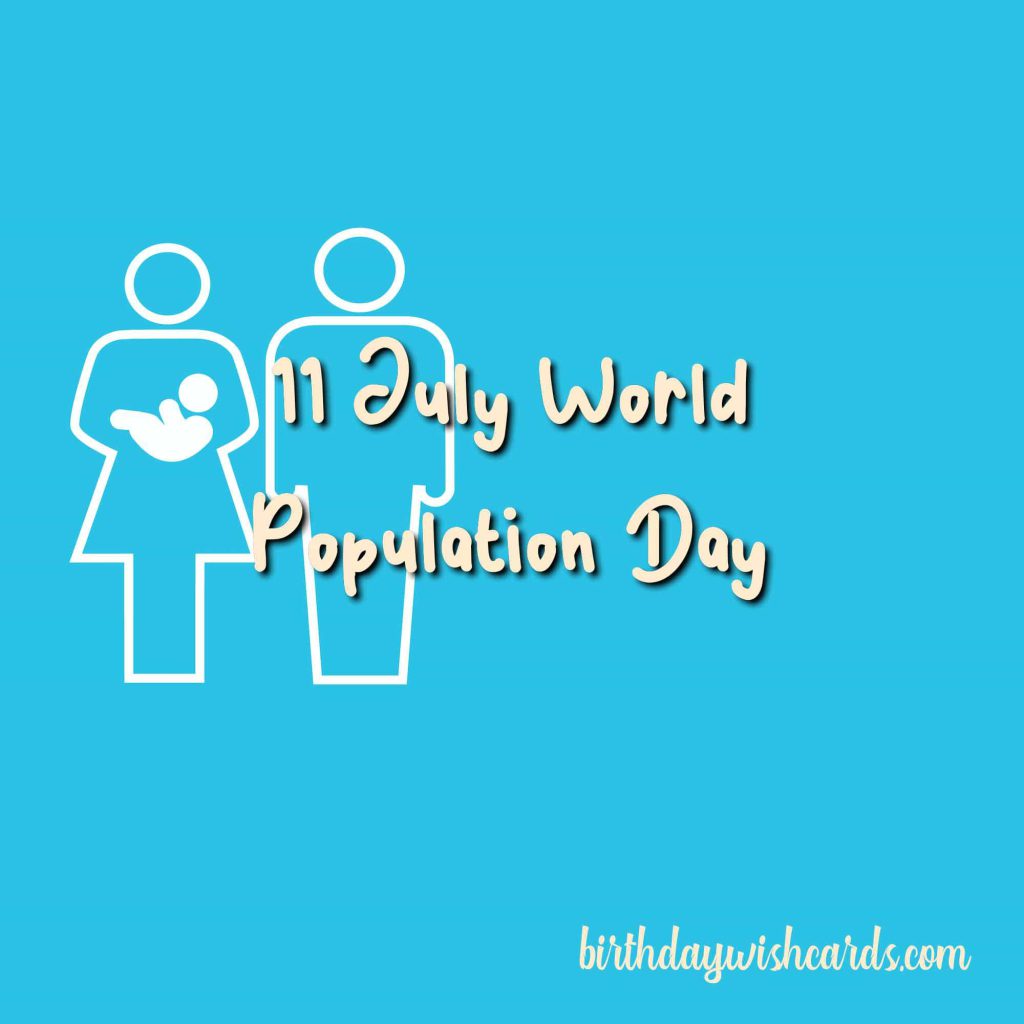
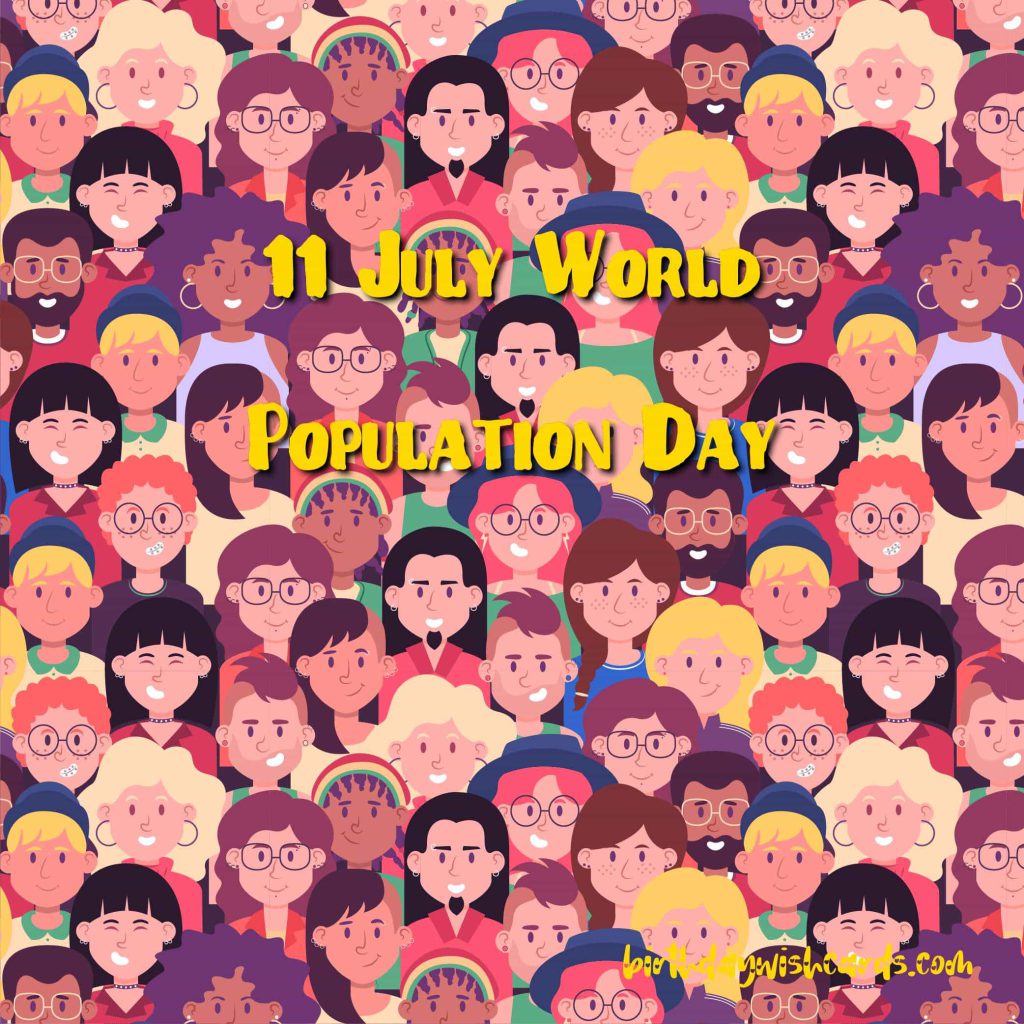
World Population Day serves as a vital reminder to address population-related challenges and uphold the rights of all people. To learn more about global population issues and family planning rights, visit the United Nations Population Fund official site. For comprehensive information on global health




